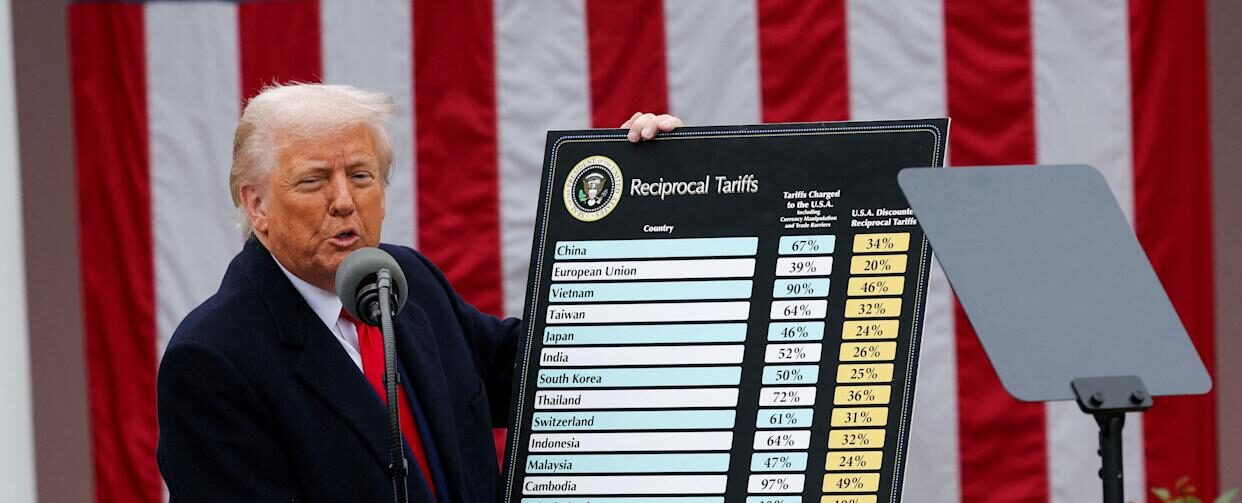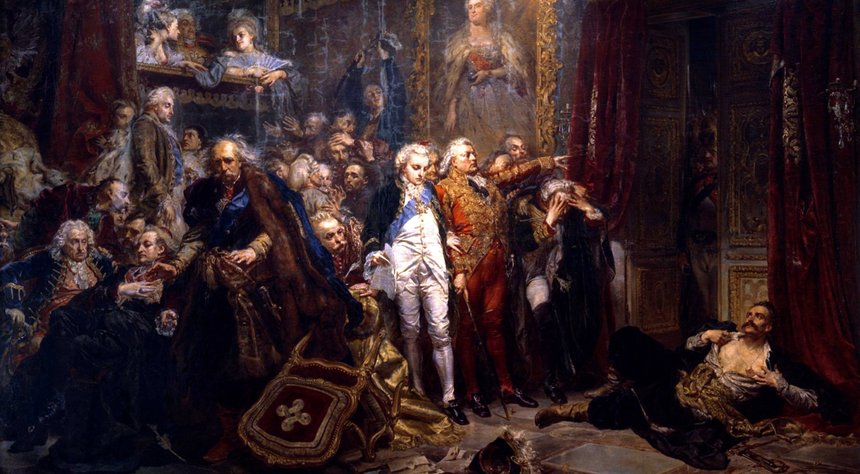The immigration debate in the UK often centres around the net migration number. From the Tories in 2010 promising to get net migration to the “tens of thousands” to the Sunak government promising to halve net migration, politicians have consistently used this arbitrary, economically misleading, and politically unhelpful metric as a starting point.
A sensible immigration policy is not one of open borders. A country is like a family; you should take care of your own before opening your doors to outsiders, and because it is your house, you set the rules. Similarly, immigration should, first and foremost, serve the national interest through economic dynamism and enhancing social stability. That requires flexibility and principled control, and the existing obsession over what the net migration number is oversimplifies a complex problem without context.
Critics often highlight the incompatibility of such controls with classical liberal values. They, however, mistake these values as existing in a vacuum. Such values, while largely being accommodating to most cultures, lifestyles, and practices, still require a functioning national framework. A free society cannot exist if it is collapsing into welfare dependency, social fragmentation, and intense political polarisation.
Even Friedrich von Hayek, one of the strongest proponents of globalisation, acknowledged in Law, Legislation, and Liberty that uncontrolled immigration is a nonstarter, stating that for “established old communities… strangers” do not unequivocally have “a right to settle down in a community in which he is not welcome”. He further notes that certain immigration restrictions “remain unavoidable” where there are significant practical sociocultural differences.
Net migration figures are crude; they are about as precise as using a hammer to squash an ant. They treat all migrants the same, regardless of their duration of stay, economic contribution, and degree of integration.
Realistic immigration policy eschews the madness of open borders and rejects the insanity of a completely closed border. It requires quality and compatibility, rather than a free-for-all approach.
Singapore demonstrates that even without a net migration number, immigration can still serve the national interest. After all, despite over 30% of its population being foreign-born, Singapore still demonstrates remarkable social cohesion, especially when contrasted against Western societies like the UK and the US.
Focusing on quality and complementarity with the local population is paramount. While there is an undeniable cultural element driving anti-immigration sentiment in the UK, I would posit that this is not central to most people who voted for Reform UK in 2024 or Brexit in 2016.
What is more important, particularly for those from the deindustrialised North, is that they feel left behind by the relentless consolidation of economic activity in the South, particularly in Greater London. That sentiment is not unfounded. It reflects the fallacy that all factors of production, especially labour and skills, are completely transferable without any friction.
It is downright naïve to suggest that a 45-year-old former mineworker can easily become a software engineer. That reality, paired with growing numbers of foreign-born residents on benefits, most recently reported by the Telegraph as costing the Treasury £1bn a month, means that social resentment reflects the deep-seated alienation felt by workers who feel abandoned.
Mirroring Singapore, Switzerland, and Norway, immigration reform would be based on a fair hiring model prioritising locals. It will institute a proportion, not a hard number, accommodating both flexibility and the needs of different industries. This allows firms to hire foreigners, only if they have a requisite proportion of local employees.
This is grounded in a bargain where employer choice works in tandem with workforce development. It will mirror pre-existing frameworks like affordable housing quotas or national-origin requirements for public contractors in strategic sectors. Rather than a restriction, it is a pragmatic balancing mechanism.
Institutions matter in a classical liberal framework, and the most fundamental institution is the nation itself. A nation is difficult to qualify tangibly, as are most aspects of the human condition. This does not make it any less real. Immigration controls are, therefore, not a byword for xenophobia, they are about preserving a nation, especially one of classical liberal values.
Critics might point to it being state interference. However, the market does not exist in isolation. It is intertwined with the sociocultural issues underpinning the human condition. Without a balancing act, we risk a backlash against the consequences of unfettered, rudderless immigration policy. From ghettoisation of inner cities to ethnic enclaves, alongside growing political extremism, these are real, reified problems.
Uncontrolled immigration has already strained public services and expanded the welfare burden. If we want a small state, we must reduce dependency and maximise economic participation. A smart immigration policy protects welfare from being politically weaponised and helps justify streamlining the state over time.
Karl Popper once stated that unlimited tolerance could extinguish tolerance itself. Classical liberalism is premised upon pluralism, free speech, and civic order. However, not all new entrants share these values. If an open immigration policy imports sectarianism and fundamentalism, it corrodes the concept of a free society from within.
With the rise of the Muslim Vote in the 2024 election, this is not speculation, it is reality. Immigration policy should uphold a cultural minimum, with embracing liberal norms, and economic integration being key to neutralising socioeconomic fears, limiting the influence of radicals on both sides and defusing political tension.
This is not about fear. It is about stewardship. Liberal societies cannot ignore the reality that liberty requires a conducive environment to thrive in. And that depends on the sociocultural contexts of the time.
What Britain needs is a rule-based, outcomes-focused approach that treats immigration as a complement, not a replacement. It is neither dogmatic nor idealistic, it is grounded in common sense, that when we open our doors to others, we want them to treat our home with respect as well.















